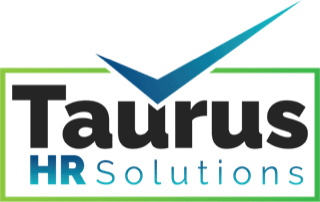The surge of artificial intelligence (AI) like OpenAI’s ChatGPT in recent years has prompted a growing concern among HR professionals: Will these powerful AI models replace human resources people, like us? This blog aims to allay these fears and emphasise the irreplaceable value of human touch in HR. Here, we discuss grievances, AI information risks, ChatGPT hallucinations, and the unique importance of HR practitioners in the digital era.
The Power and Pitfalls of AI in HR
Firstly, let’s acknowledge the power of AI models like ChatGPT. They can process vast amounts of information, automate routine tasks, and even assist with grievance procedures, making them an appealing tool for businesses seeking to streamline their operations. However, they come with their fair share of challenges and limitations. One such issue is ChatGPT hallucinations – instances when AI produces responses not grounded in reality, thereby providing inaccurate or irrelevant information. In an HR context, this could lead to serious miscommunications or misinterpretations, with implications for employee relations and legal compliance. Imagine if the wrong outcome was reached in a grievance?
Checking the AI and The Document Dilemma
Secondly, as good as AI might be at processing information, it is susceptible to learning everything, even things that aren’t true. In other words, if ChatGPT is fed misinformation, it will propagate this misinformation in its responses. Hence, there is a crucial need for human intervention to check AI-generated responses for accuracy and relevance, something HR practitioners are well-equipped to do given their understanding of the specific organisational context.
Moreover, HR practitioners play a vital role in handling and interpreting various documents – from employment contracts to company policies. AI, like ChatGPT, may help in scanning these documents, but it cannot match the human ability to interpret nuances, cultural contexts, and legal implications contained within them.
In-Person Support: The Human Touch
Finally, while ChatGPT can simulate conversations, it can’t replace the invaluable in-person support that HR provides. From building a company culture with a smile in a morning, to managing conflict resolution in-person, and providing emotional support, HR practitioners offer a human touch that AI simply cannot replicate. This human-centric approach is key to building trust, understanding, and engagement among employees – which are vital elements to running a successful business.
In conclusion, while AI models like ChatGPT can certainly enhance HR processes, they are not set to replace HR practitioners. Rather, they should be viewed as tools to enhance the capabilities of HR, providing more room for strategic work and personalised support. The human factor in HR remains a fundamental and irreplaceable element of successful businesses. Therefore, as business owners, it’s vital to strike the right balance between taking advantage of AI capabilities and appreciating the indispensable role of HR practitioners.


